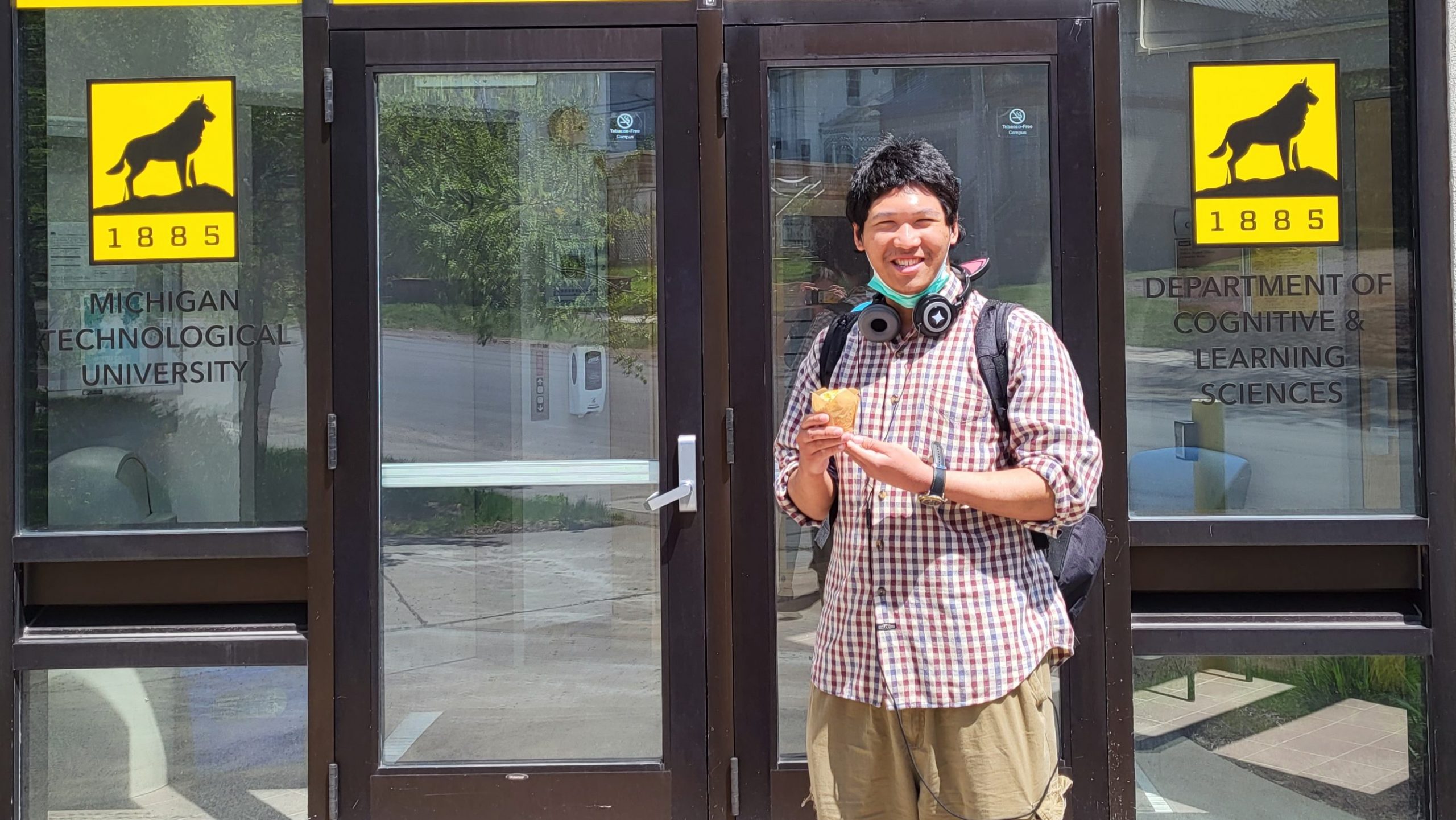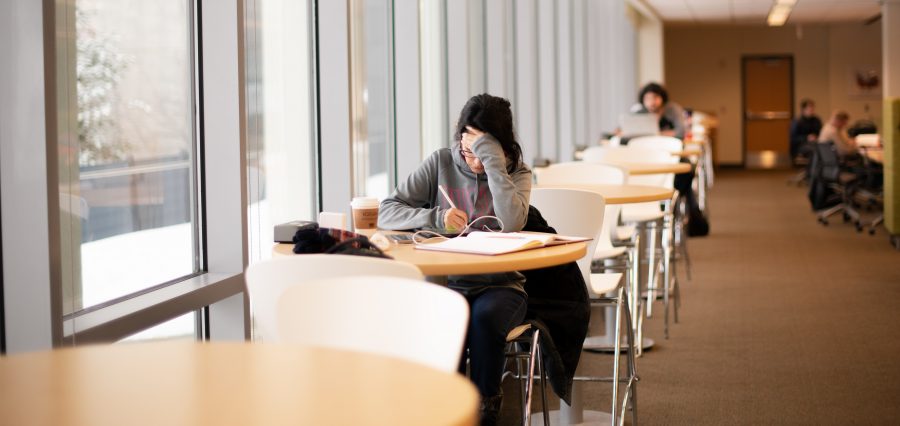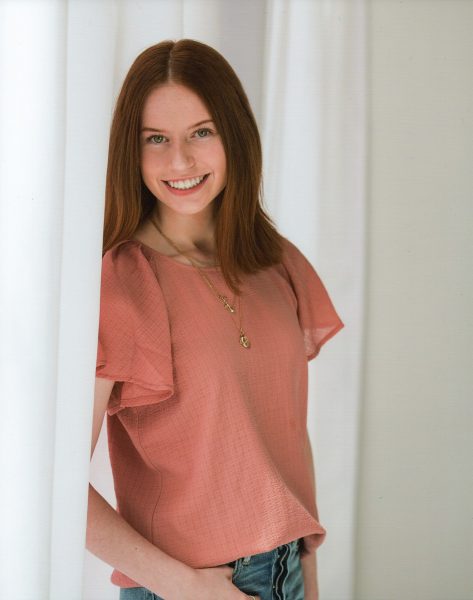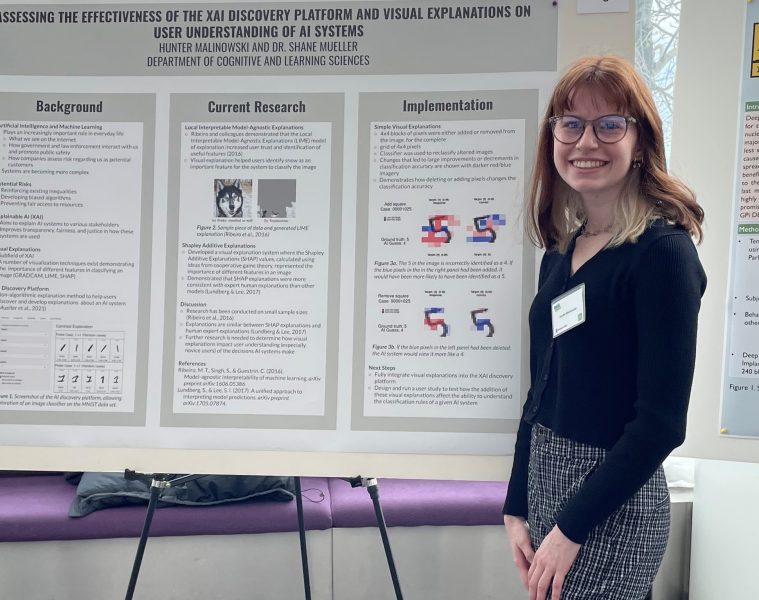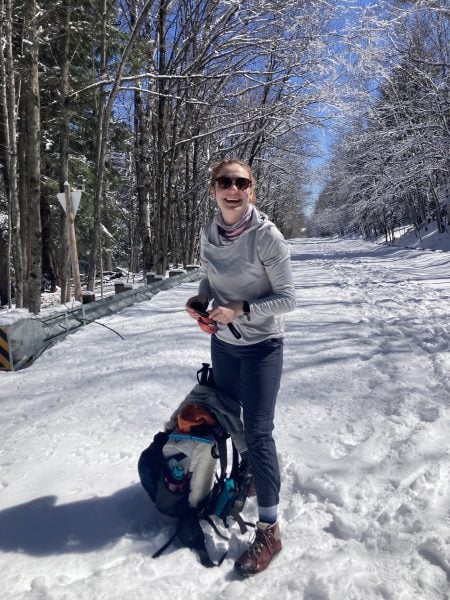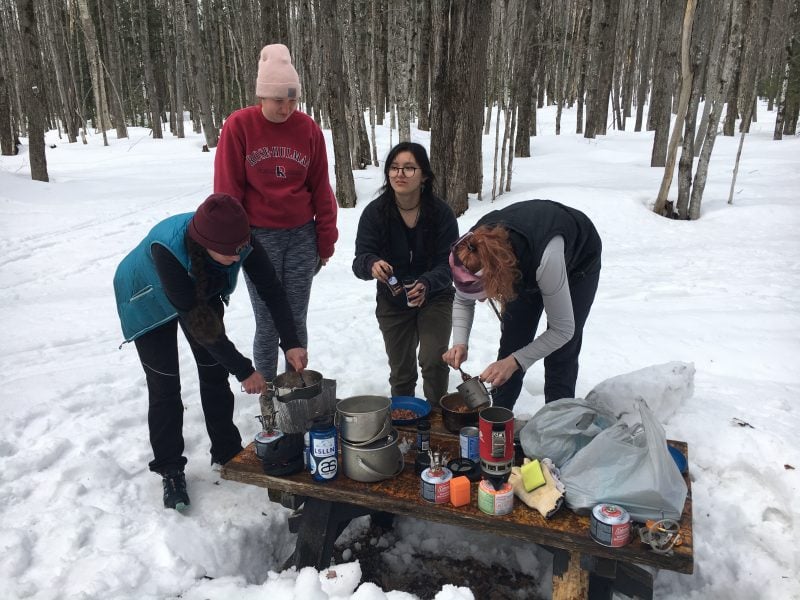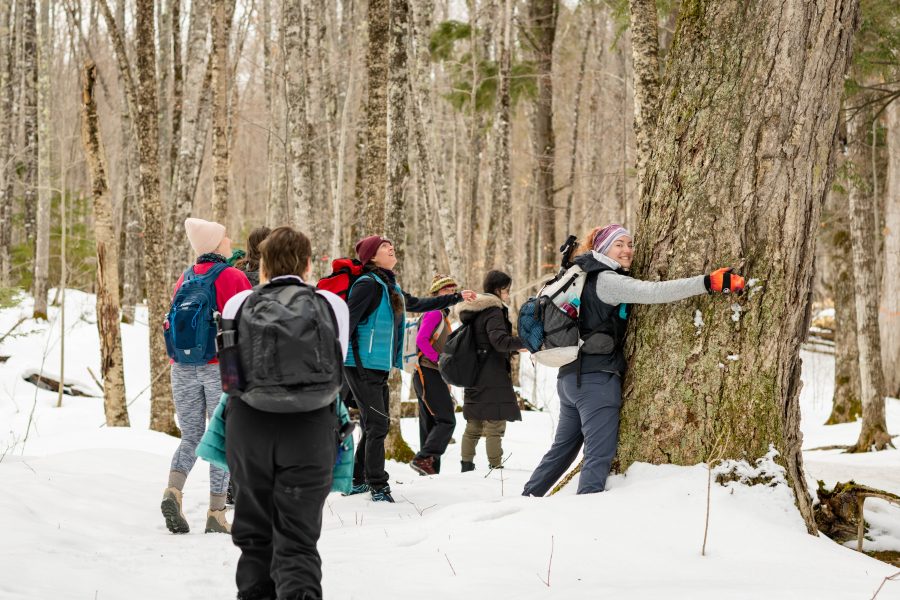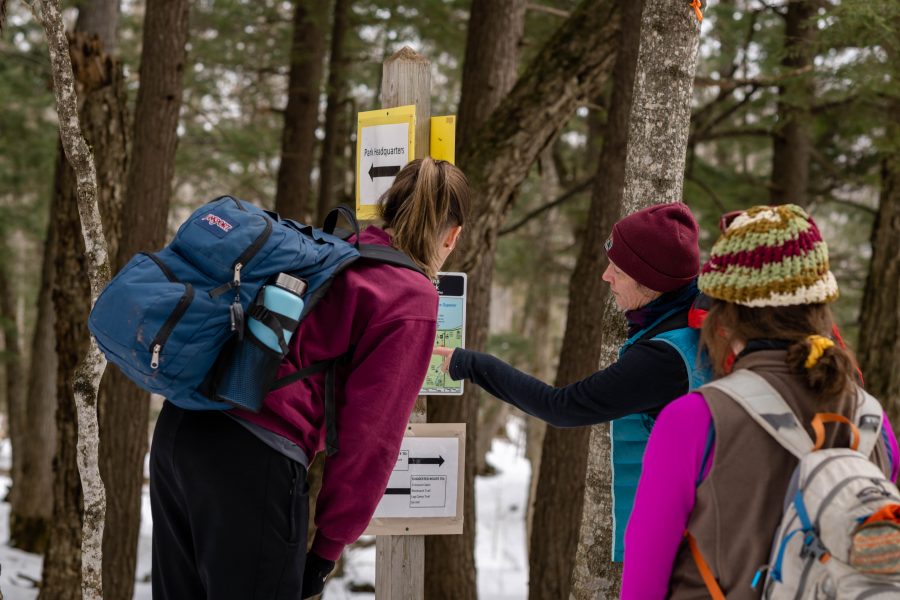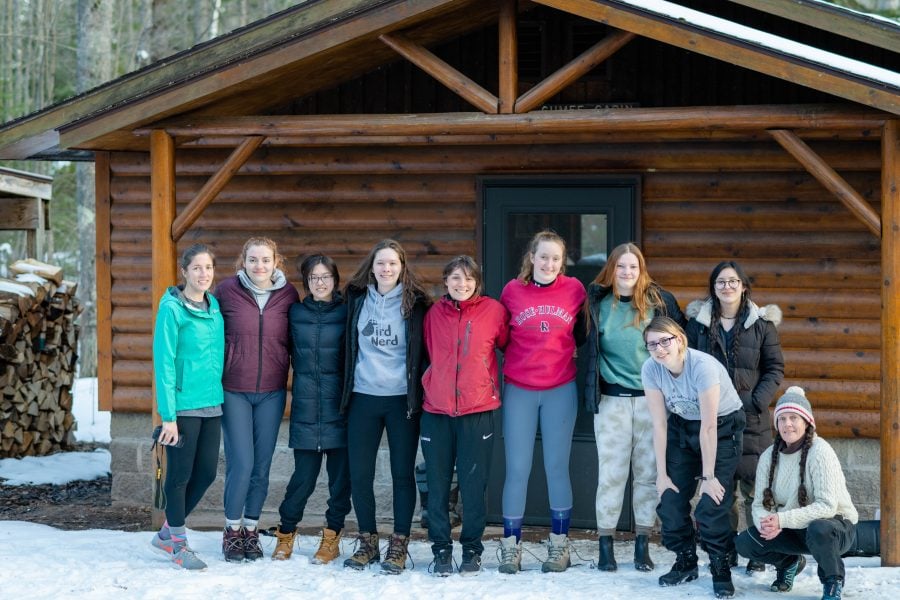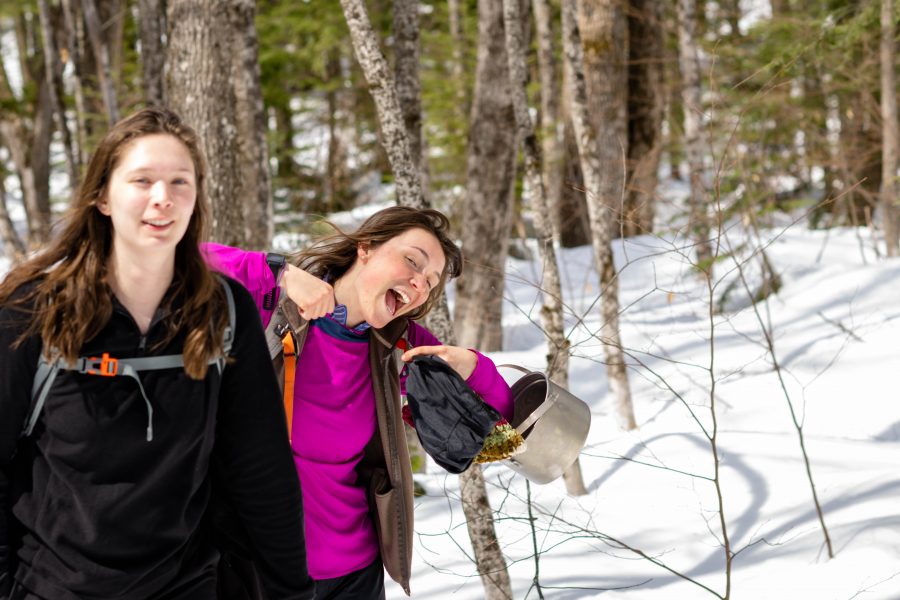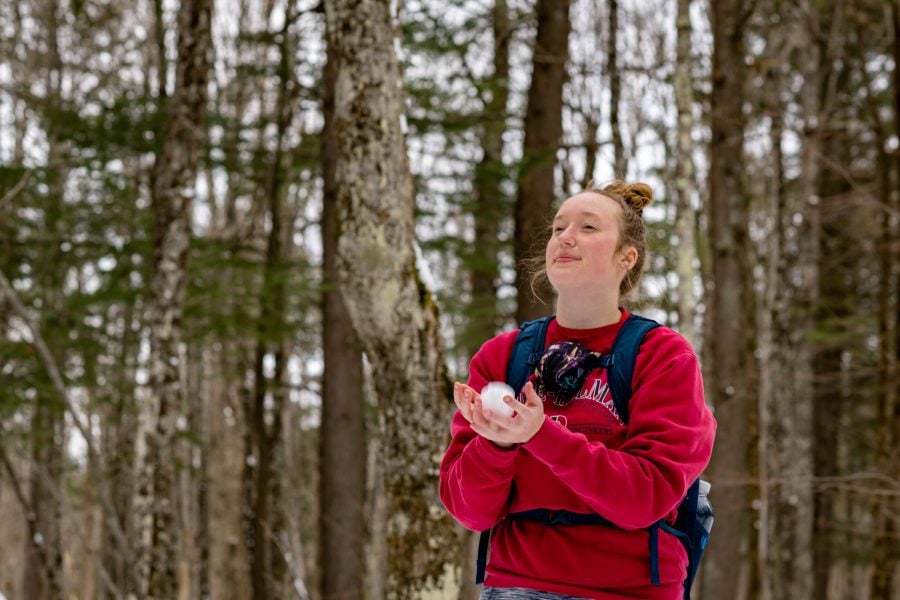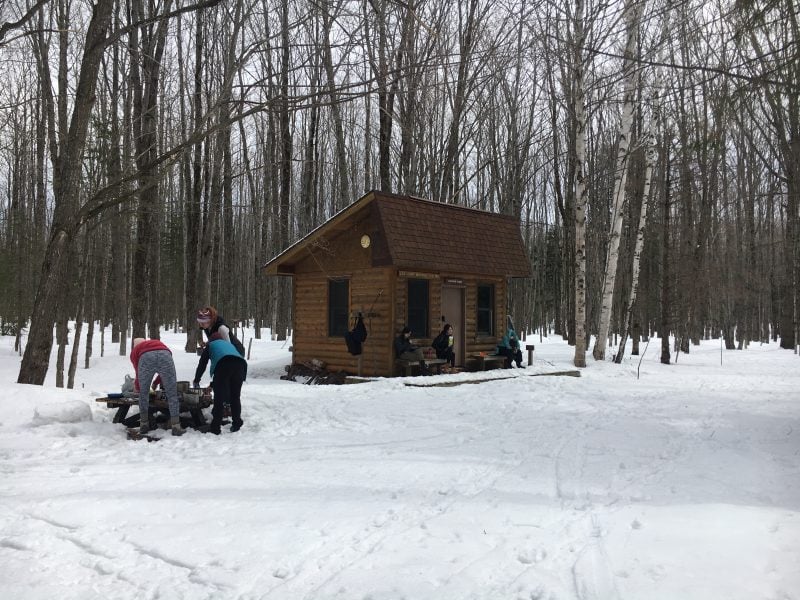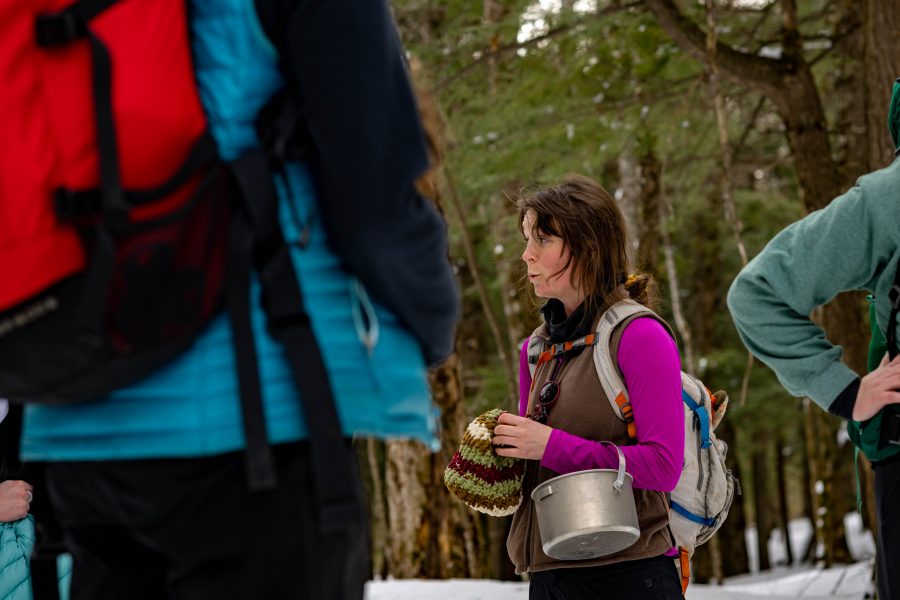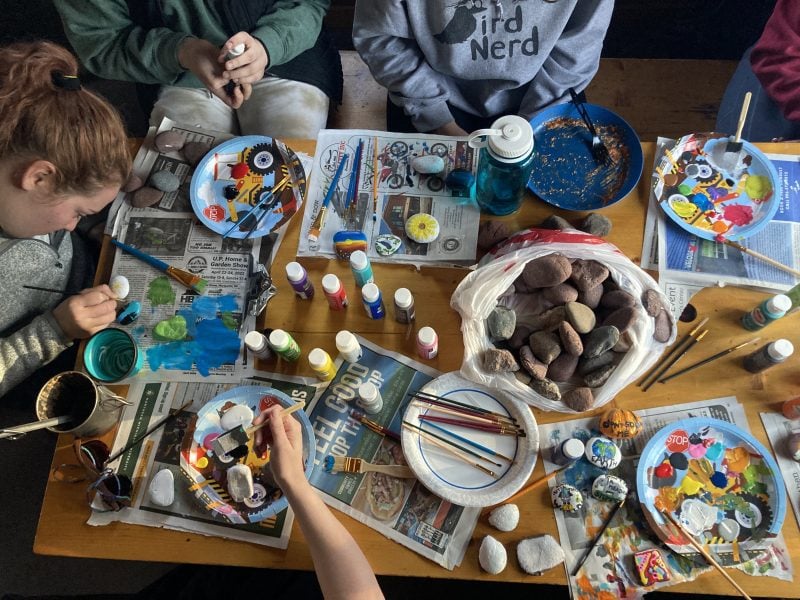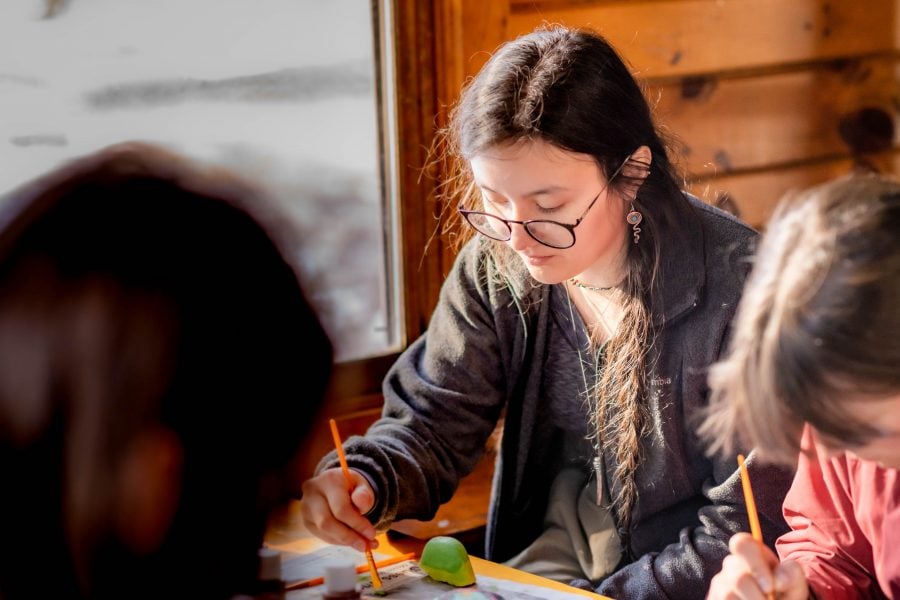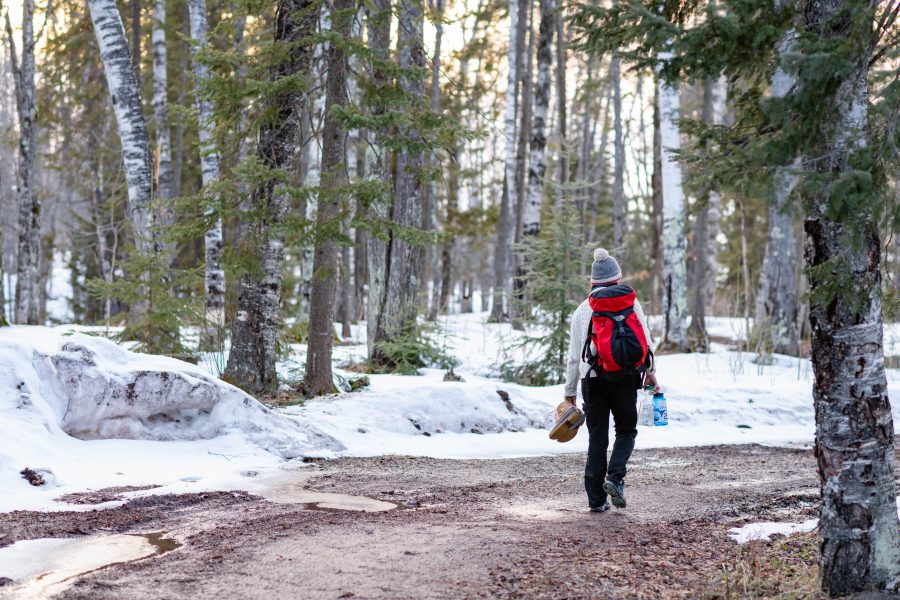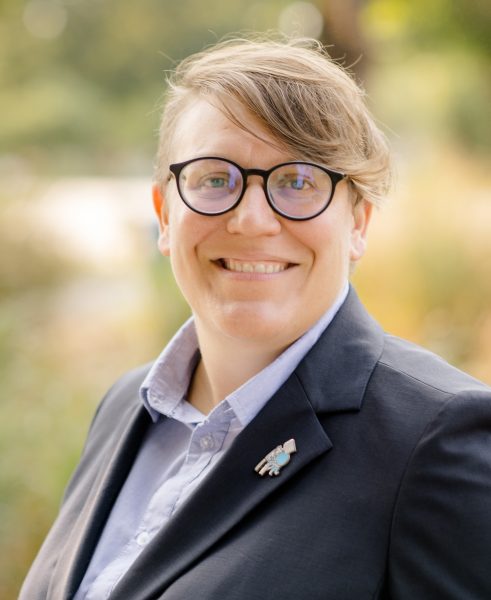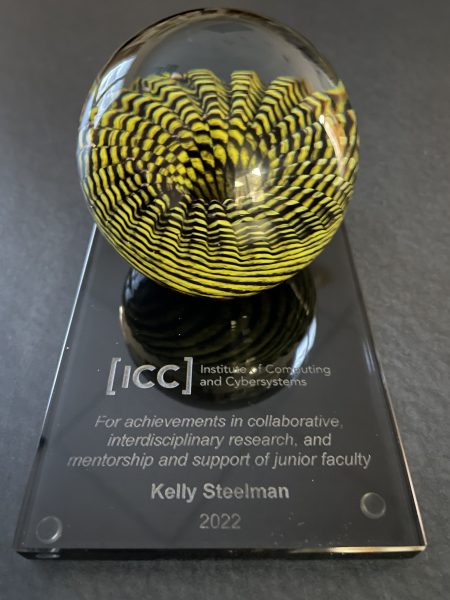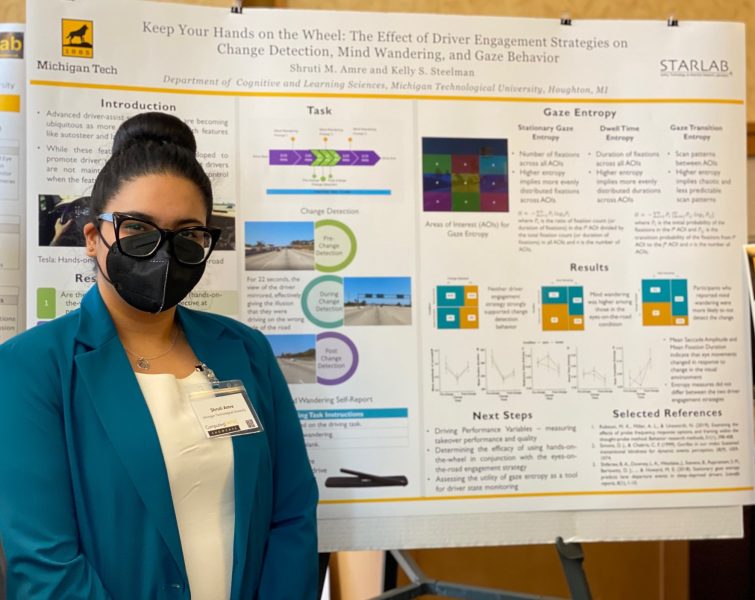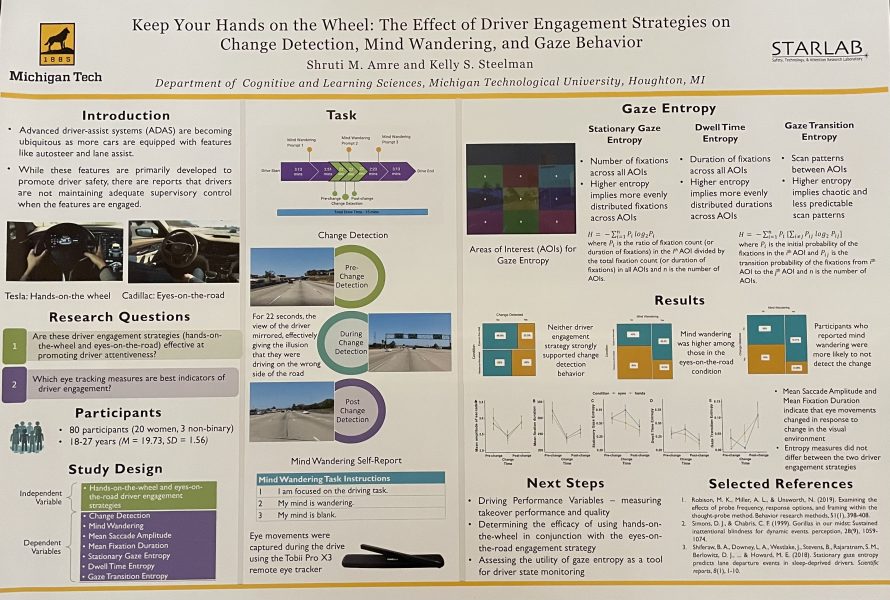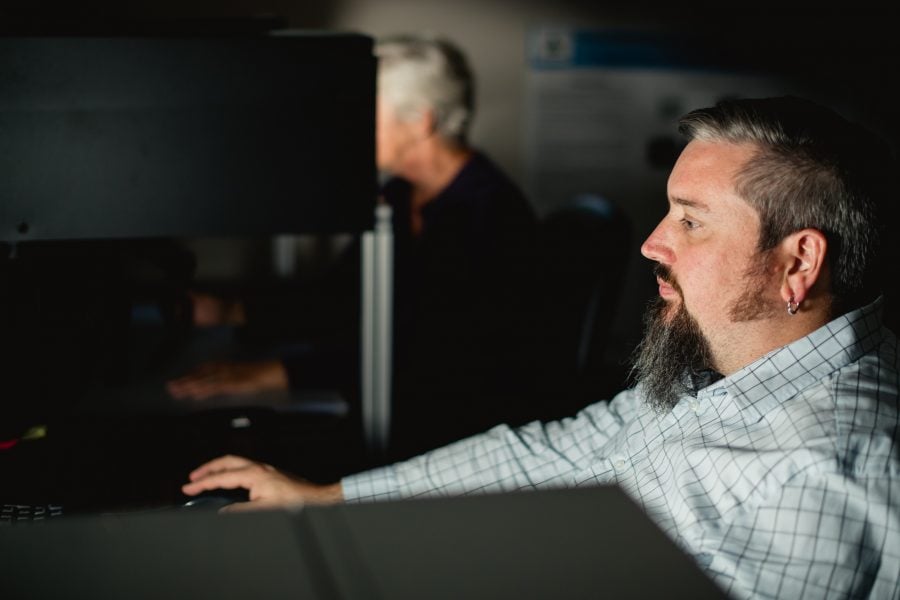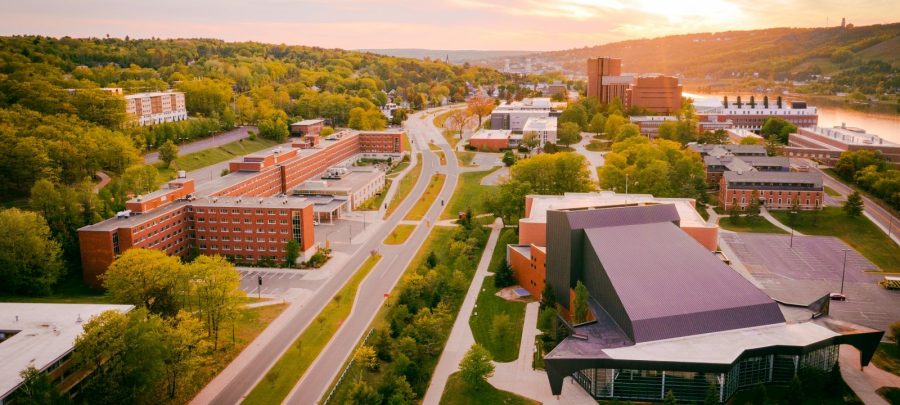
Briana Bettin is the recipient of Michigan Technological University’s 2022 Distinguished Teaching Award in the Teaching Professor/Professor of Practice/Assistant Professor category.
My goal is not just that students know how to code — you can find coding tutorials anywhere that give you raw “stuff.” I want to help them validate whether they understand what code does and whether they can communicate about code with others and justify their decisions while programming. I also ensure that students recognize, even if we aren’t building big systems for people just yet while we learn these foundations, that code is powerful and comes with responsibility, that there are social impacts to what they program and that computer scientists are often the least likely to recognize how impactful to society their job can be. These skills and this awareness are what job recruiters look for in the modern market. They are also valuable even for those who won’t go on to become programmers.
For complete Q&A with CLS / CS assistant professor Briana Bettin, see Michigan Tech News.

